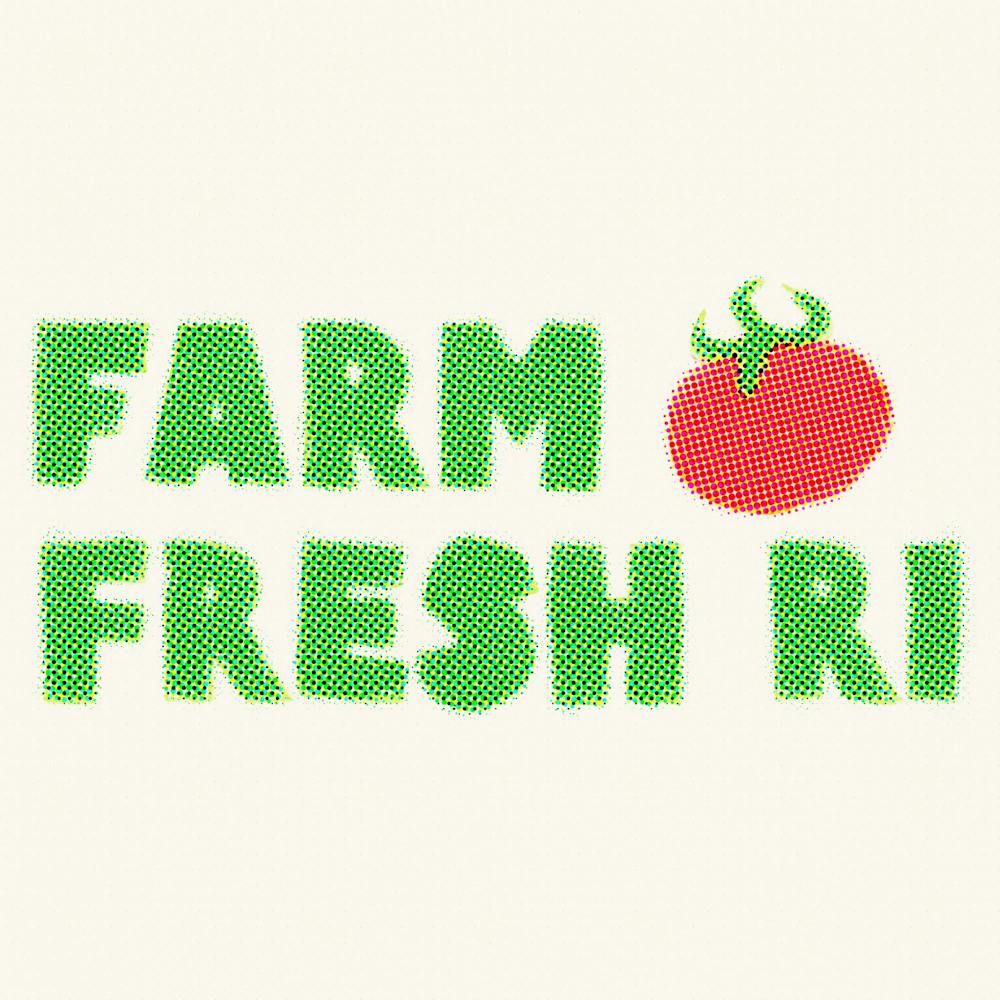Throughout the pandemic, Farm Fresh RI’s community programming and food delivery services have sought to improve access to affordable fresh produce for communities in need.
Farm Fresh’s services, such as Bonus Bucks and Market Mobile, have allowed residents to continue accessing produce while also enabling small farms throughout the state to continue their businesses despite supply chain issues and economic instability caused by the COVID-19 pandemic.
Farm Fresh’s Bonus Bucks program supplies lower-income people with access to fresh produce by doubling the money provided by the federally subsidized Supplemental Nutrition Assistance Program. Market Mobile, Farm Fresh’s distribution system, permits customers to purchase products virtually for delivery.
Sheri Griffin, co-executive director and co-founder of Farm Fresh RI, noted that the community’s demand for the nonprofit’s services has spiked throughout the pandemic. Griffin links this increase to the effects of COVID-19, such as people being laid off from their jobs and children no longer being able to get meals through their schools because of virtual classes.
Farm Fresh’s mission is “the creation of a local food system that values the health, environment and quality of life of local farmers and eaters,” Griffin said. During the COVID-19 pandemic, this has also meant emphasizing virtual and distanced operations, she added.
Market Mobile has extended Farm Fresh’s reach, distributing food throughout Rhode Island and the greater Boston area. Griffin explained that with Market Mobile, the nonprofit has moved about $4 million worth of food since the start of the pandemic two years ago, primarily to under-resourced communities.
Griffin added that prior to the pandemic, Market Mobile was used primarily by restaurants and schools. When the pandemic forced these locations to close, the service shifted its focus to home delivery, she said. Market Mobile brought fresh produce to customers who were unable to buy from grocery stores due to the global supply chain breaking down, according to Griffin.
Farm Fresh also “provides a lot of stability and a lot of great channels for small producers so that they’ve been able to continue through the pandemic,” said Laura Haverland, who runs Sweet & Salty Farm. Haverland has sold dairy products through Farm Fresh since 2016.
Market Mobile made sales easier and more efficient, according to Haverland. The service helped Sweet & Salty Farm access new customers through centralized distribution. Haverland explained that she was grateful her farm was able to keep people employed through the pandemic, in part because of the services provided by Market Mobile.
“When you own a small business and it’s agricultural, you can’t work from home,” Haverland said. She added that when the pandemic hit, her life needed to go on as it had before because she and her team are responsible for animals that need care.
Farm Fresh also provides educational programs for all ages that “help people understand how their food choices affect themselves, their state, the environment and the larger food system,” Griffin said. Farm Fresh’s Farm to School and Community Education program provides children in Providence the opportunity to get outside and grow their own nutritious food.
Brown alum Louella Hill ’04 and Noah Fulmer ’05 co-founded Farm Fresh RI with Griffin in 2004, with the project originally based out of the University’s Urban Environmental Lab. Farm Fresh’s connections to the University have continued to the present day, with some students using Market Mobile to buy produce.
Students in North House and West House, two of Brown’s program houses, are off meal plan and make their own food using locally sourced ingredients, some of which are purchased through Market Mobile. Lukas Washburn ’23.5, a resident of North House, said the house reduces its carbon footprint by buying local produce from Farm Fresh RI.
According to Electa Cleveland ’23, another North House member, Market Mobile is the best way for the house to buy fresh and local ingredients in bulk. She added that the house purchases from farms through Farm Fresh that prioritize sustainable farming techniques like crop rotation.
Griffin emphasized that food choices matter, and she hopes that people will continue to support the local economy even as the global supply chains stabilize. She highlighted that food safety is about “access and affordability.”
“Eating local tastes good,” Griffin said.

Elysée is a writer for metro, a producer for the Bruno Brief podcast and an aspiring card game creator. She is a second-year student studying International and Public Affairs on the Policy and Governance Track.





